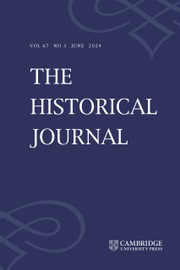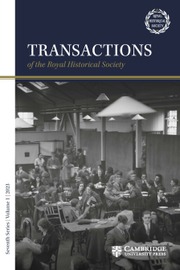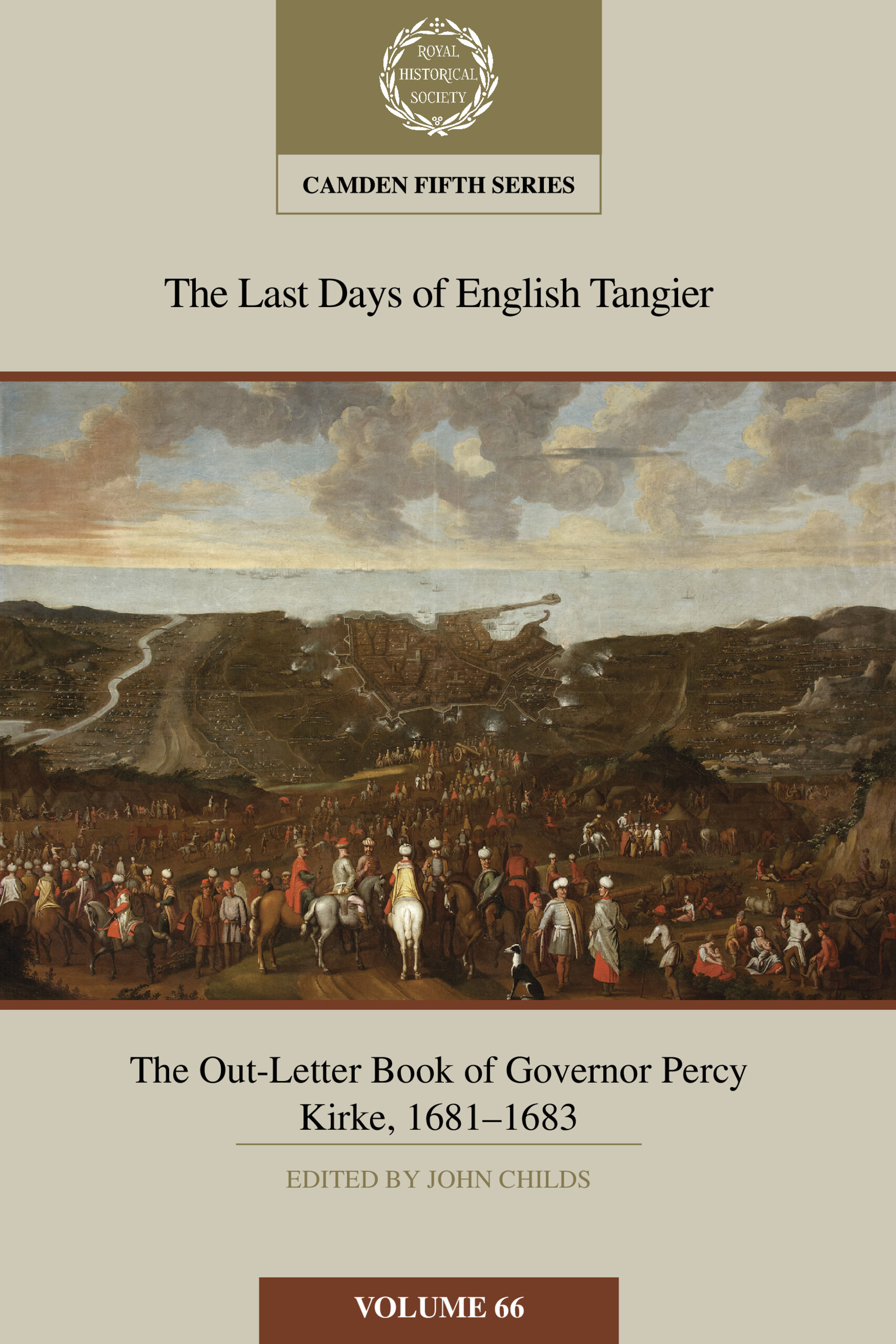Transactions of the Royal Historical Society
Transactions of the Royal Historical Society is an annual collection of major articles representing some of the best historical research by some of the world's most distinguished historians. Volume 30 of the sixth series includes the following articles: 'Material turns in British history: III. Collecting: Colonial Bombay, Basra, Baghdad and the Enlightenment Museum'; 'The Edict of Pîtres, Carolingian defence against the Vikings, and the origins of the Medieval castle'; ''Acceptable Truths' during the French Religious Wars'; 'Monarchs, travellers and empire in the Pacific's Age of Revolutions'; 'Children against slavery: Juvenile agency and the sugar boycotts in Britain'; 'Unfinished business: Remembering the Great War between truth and reenactment'; and 'The 'Martyrdom of things': Iconoclasm and its meanings in the Spanish Civil War'.
- Provides an annual collection of major articles that represents some of the best historical research by some of the world's most distinguished historians
- Covers a wide range of topics including the Pacific's Age of Revolution, the Great War, and the origins of the Medieval castle
- Presents a diverse range of historical, geographical and social contexts
Product details
No date availableHardback
9781108833189
166 pages
224 × 145 × 15 mm
0.33kg
Table of Contents
- 1. Presidential Address: material turns in British history: III. Collecting: Colonial Bombay, Basra, Baghdad and the Enlightenment museum Margot C. Finn
- 2. The Edict of Pîtres, Carolingian defence against the Vikings, and the origins of the Medieval castle Simon MacLean
- 3. 'Acceptable truths' during the French Religious Wars Penny Roberts
- 4. Monarchs, travellers and empire in the Pacific's Age of Revolutions Sujit Sivasundaram
- 5. Children against slavery: juvenile agency and the sugar boycotts in Britain Kathryn Gleadle and Ryan Hanley
- 6. Unfinished business: remembering the Great War between truth and reenactment Jay Winter
- 7. The 'martyrdom of things': iconoclasm and its meanings in the Spanish Civil War Mary Vincent.










